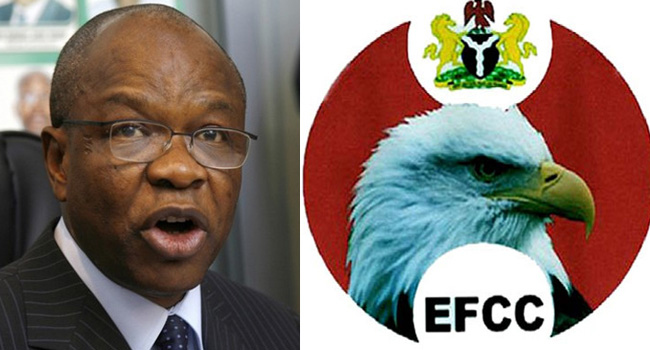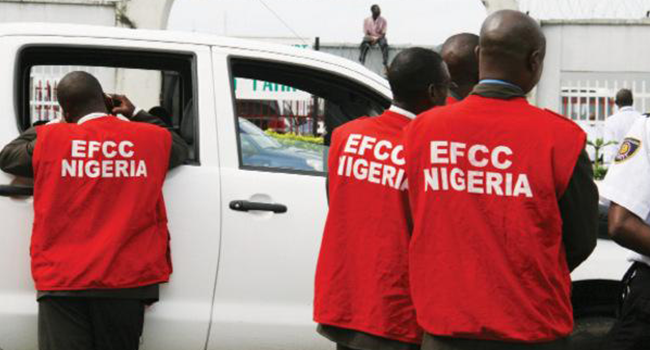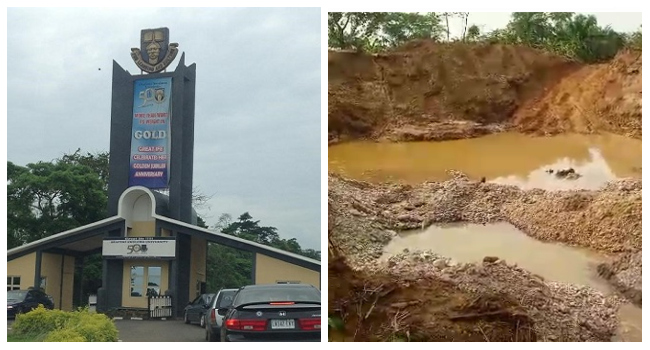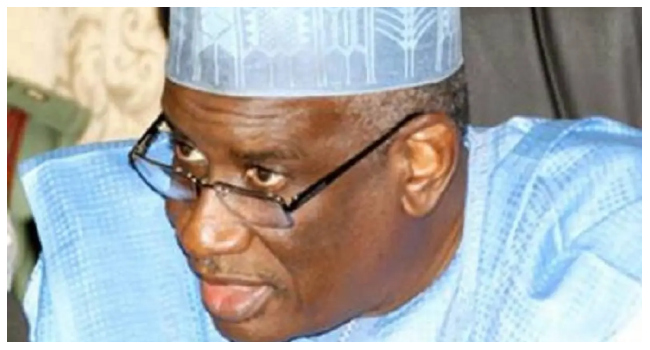
A Federal High Court in Lagos has dismissed an application filed by a former Chairman of the Independent National Electoral Commission, Prof Maurice Iwu, seeking the transfer of his N1.23bn fraud trial from Lagos to Abuja.
In his ruling on Friday, Justice Nicholas Oweibo dismissed the application for transfer, stressing that it lacked merit.
The judge subsequently adjourned the case till April 28 for trial.
Justice Oweibo said a look at the list of witnesses submitted by the anti-graft agency showed that most of the witnesses were in Lagos, with some retired, hence “justice will be better served for the trial to proceed in Lagos.”
At the last court proceedings, Counsel to the former INEC boss, Ahmed Raji (SAN) told Justice Oweibo that the transfer is necessary so as not to subject the defendant to great hardship.
READ ALSO: Two Out Of Three Suspected Coronavirus Cases Are Negative, Says Health Minister
He said that Iwu resides in Abuja but always travels to Lagos whenever the case is coming up.
“My Lord, this defendant is over 70 years of age, and he always travels down to Lagos whenever the case is coming up.
“Then he books a hotel. It will amount to great agony for him to continue with this trial in Lagos,” he said.
The senior lawyer also submitted that since the transaction which led to this charge was done in Abuja, the case should be heard in the nation’s capital.
On his part, EFCC Counsel, Rotimi Oyedepo asked the court to refuse the application because all the witnesses listed in the proof of evidence including the bank officials reside in Lagos and Ibadan. He also argued that it was the Lagos Zonal office of the anti-graft agency that investigated the case.
Oyedepo submitted that the offence for which the defendant was charged touched on the economic well-being of Nigeria, such offences can be tried anywhere in Nigeria.
The EFCC prosecution then cited the provision of Section 98 of the Administration of Criminal Justice Act, which states that only the Chief Judge of the Court has the power to transfer any matter.




